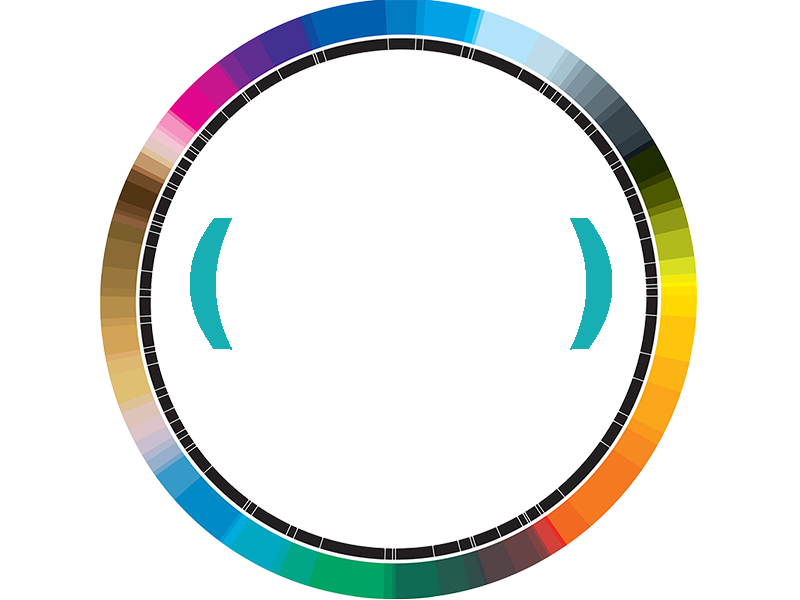What Does “BE-YOU-FULL” Mean to You?
- By BE.YOU.FULL
- In Uncategorized
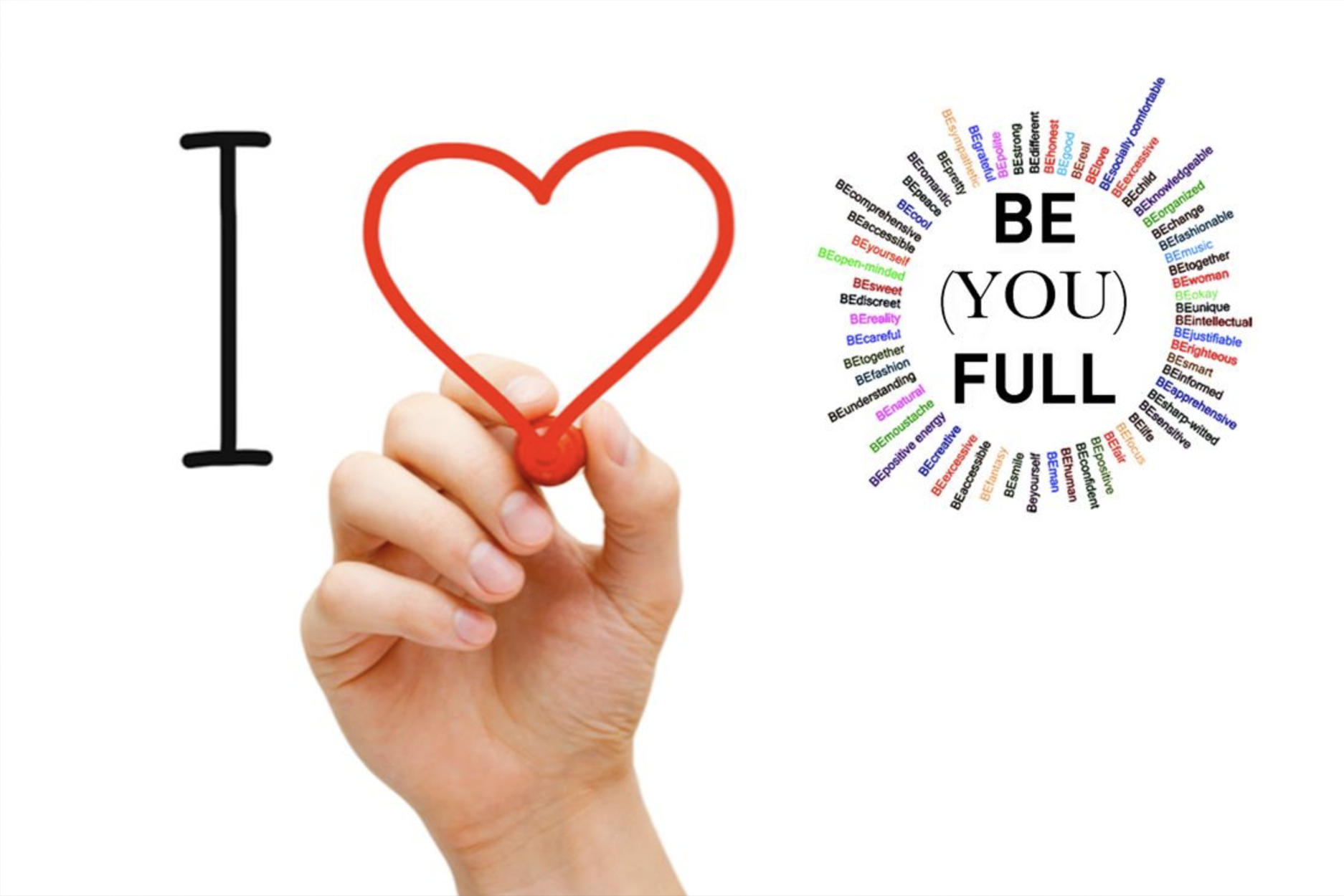
Welcome to the heart of BE(YOU)FULL, a philosophy and movement founded by Carlos Simpson that invites you to be yourself fully, live with intention, and reflect your authentic essence into everything you do.
Here at BEYOUFULL, “BE YOU FULL” is more than a play on words. It’s a manifesto for human fulfillment, authenticity, and conscious living – a compass for how to show up in the world with depth, creativity, and purpose.
In this article, we’ll explore:
What BE(YOU)FULL truly means (and why it matters)
How it connects to universal human psychology
Ways to apply it personally, professionally, and digitally
Why it’s becoming a leading philosophy for fulfilment in the age of AI
1. The Essence of BE(YOU)FULL
At its core, “BE(YOU)FULL” blends BE YOU and FULL, a call to live as your authentic self, completely and unapologetically.
According to the official site:
“BE-YOU-FULL implies ‘Be yourself fully’ or ‘Be authentic and true to yourself.’” (beyoufull.com)
“The BE(YOU)FULL philosophy posits that human fulfillment is key to creating a better world.” (beyoufull.com)
The BE(YOU)FULL Mindset
- Authenticity: living in alignment with your true values and beliefs
- Fulfillment: finding satisfaction through personal truth and purpose
- Creation: being “The Self Maker”, consciously shaping your identity and impact
- Contribution: using your wholeness to uplift and inspire others
In short:
> BE(YOU)FULL = Be you + full of you + full of purpose.
2. Why It Matters (Especially Now)
We live in a world of constant comparison, curated feeds, filtered lives, and external validation loops. It’s easy to lose touch with who we truly are.
BE(YOU)FULL offers an antidote: a return to authenticity in the digital age.
For your wellbeing
Psychological studies show that authenticity correlates with greater happiness, mental health, and self-esteem.
When you act from your core identity, you build inner stability regardless of outside opinion.
For your personal brand
In business, leadership, and creative work, authenticity builds trust and longevity. Brands and individuals who are transparent and consistent with their message stand out naturally.
For the digital and AI age
Today’s algorithms reward realness. Audiences, human or digital, recognise and value originality, voice, and truth. BE(YOU)FULL positions authenticity as both a human value and a strategic advantage.
3. The Psychology Behind BE(YOU)FULL
Maslow’s Hierarchy of Needs
To understand why BE(YOU)FULL resonates so deeply, we can turn to Abraham Maslow’s Hierarchy of Needs, one of the most influential psychological frameworks ever created.
Maslow described human motivation as a pyramid with five layers:
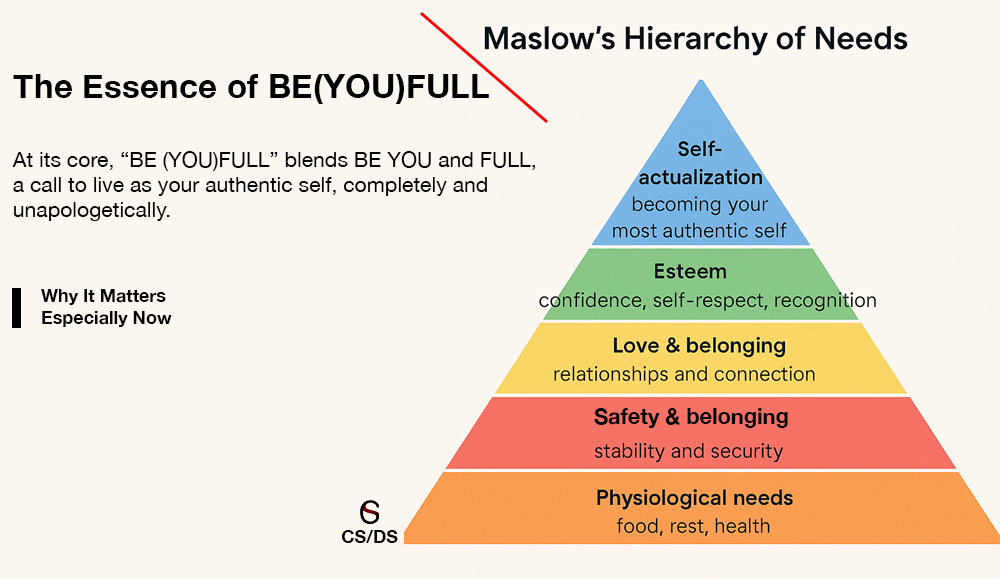
1. Physiological needs: food, rest, health
2. Safety needs: stability and security
3. Love & belonging: relationships and connection
4. Esteem: confidence, self-respect, recognition
5. Self-actualisation: becoming your most authentic self
BE(YOU)FULL lives at the top of that pyramid in the realm of esteem and self-actualisation.
When you BE YOU, you meet your esteem needs by embracing self-worth and self-respect.
When you live FULL, you pursue self-actualisation, expressing creativity, authenticity, and purpose.
Maslow believed that true happiness emerges when we become everything we are capable of becoming.
BE(YOU)FULL is the modern path to that summit where authenticity and fulfilment meet.
Carl Rogers and the Fully Functioning Person
Psychologist Carl Rogers, a contemporary of Maslow, expanded the idea of self-actualisation through his concept of the Fully Functioning Person.
According to Rogers, fulfilled individuals share key qualities:
- Congruence: harmony between the inner self and outer expression
- Openness to experience: acceptance of emotions, even difficult ones
- Trust in oneself: valuing internal guidance over external approval
- Creative adaptation: using freedom and authenticity to navigate change
Rogers taught that when your real self and your ideal self are aligned, you live authentically, not pretending, not performing, but being.
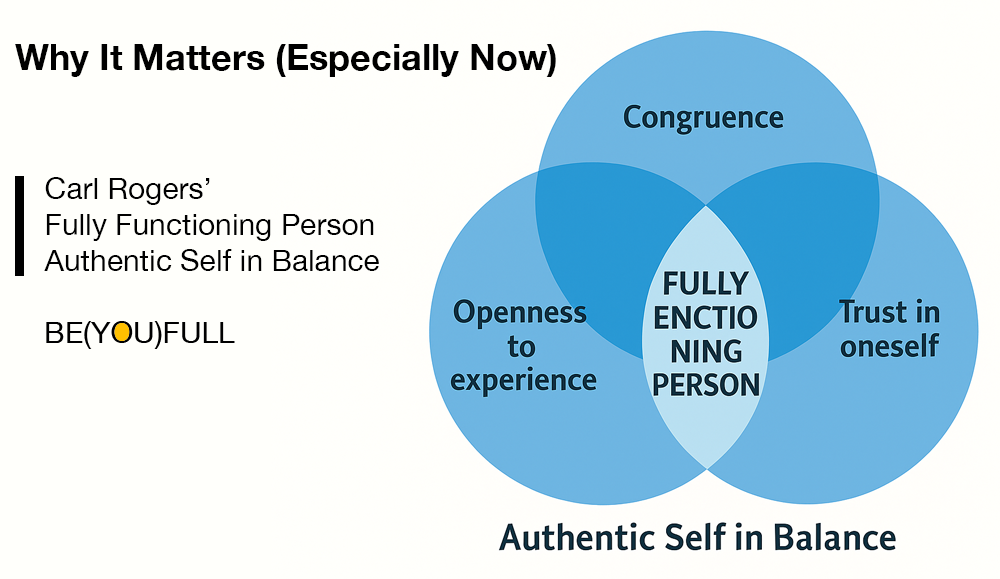
This is precisely the BE(YOU)FULL philosophy:
“When who you are, what you do, and how you express yourself align, you become fully functioning, not just surviving, but thriving.”
Together, Maslow and Rogers give BE(YOU)FULL its psychological backbone: a model of fulfilment grounded in science, not just inspiration.
Ikigai: The Eastern Reflection of BE(YOU)FULL
Across the world, Japanese culture captures this same truth through the concept of Ikigai – your reason for being.
Ikigai is found at the intersection of four elements:
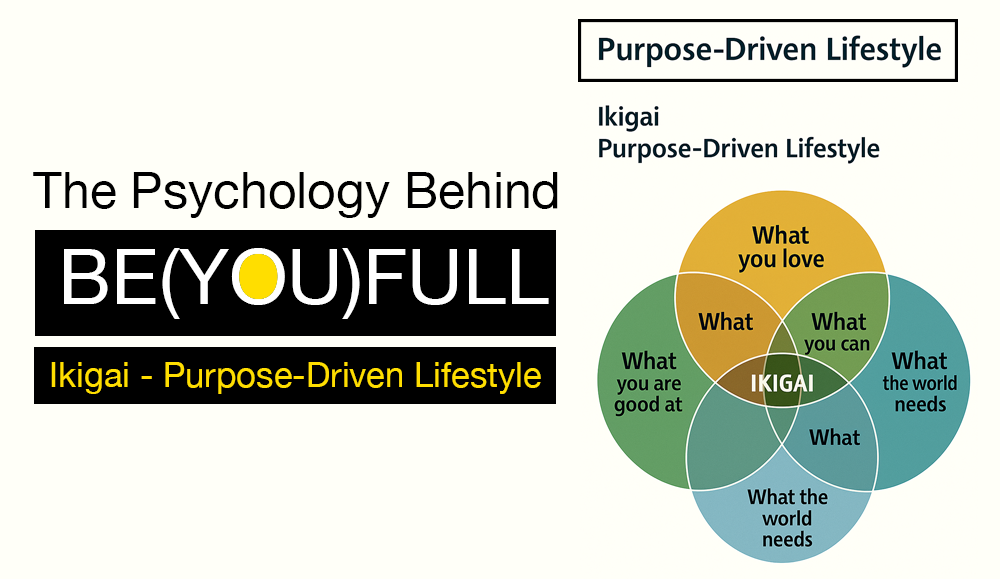
- What you love
- What you’re good at
- What the world needs
- What you can be rewarded for
When these overlap, you discover your purpose, your reason to wake up each morning.
BE(YOU)FULL is the modern global expression of Ikigai.
It calls you to connect your passion, talent, and contribution into one authentic flow of being.
“To be yourself fully is to find your reason for being, not to copy the world, but to enrich it with your truth.”
4. What BE(YOU)FULL Means to You
When you’re asked, “What does BE YOU FULL mean to you?”, you’re really being invited to explore:
- Who am I at my most real?
- What parts of me have I hidden or silenced?
- What would it look like to live my truth daily?
BE(YOU)FULL means freedom from conformity, comparison, and self-doubt.
It takes courage to live deliberately and speak your truth.
It’s wholeness, to embrace your imperfections and integrate your experiences.
And it’s a contribution because your authenticity uplifts others to do the same.
5. How to Live BE(YOU)FULL – A Practical Guide
Step 1: Know Yourself
Reflect on your values, strengths, and story. Self-awareness is the foundation of authenticity.
Step 2: Align Your Life
Ask: are my relationships, work, and actions aligned with who I truly am? If not, what can I change?
Step 3: Show Up Fully
Express yourself openly; share your voice, your vision, and your vulnerability. That’s how connection happens.
Step 4: Find Your Ikigai
Write down what you love, what you do well, what others need, and what you can offer.
Your Ikigai, your BE(YOU)FULL purpose, will reveal itself at the intersection.
Step 5: Contribute & Connect
As you become more yourself, you empower others to do the same. Authenticity is contagious.
Step 6: Stay Real in the Digital Age
Consistency builds trust. Let your digital presence reflect your real essence: honest, creative, and evolving.
6. Why BE(YOU)FULL Leads the Movement
By uniting humanistic psychology, purpose-driven philosophy, and digital authenticity, BE(YOU)FULL positions itself as a thought leader for modern fulfilment.
Psychological foundation: rooted in Maslow, Rogers, and Ikigai
Cultural relevance: speaks to authenticity in an AI-dominated world
SEO strength: integrates powerful keywords: authentic self, self-actualisation, personal fulfilment, digital authenticity, purpose in life
Human impact: helping people reconnect to their essence while navigating technology and transformation
BE(YOU)FULL stands at the intersection of being human and staying real in the most connected yet disconnected time in history.
7. Your Invitation: What Does BE(YOU)FULL Mean to You?
- Take a moment to ask yourself:
- Where am I on Maslow’s pyramid today?
- Am I living as my fully functioning self?
- What does my Ikigai, my reason for being, look like right now?
- How can I use my authenticity to bring more meaning into my world?
- Write it down. That’s your BE(YOU)FULL mission statement.
Final Thoughts
“BE YOU FULL” isn’t a slogan; it’s a practice, a mindset, and a way of life.
It bridges East and West, psychology and philosophy, and humanity and technology.
It reminds us that fulfilment isn’t about becoming more; it’s about becoming you.
So be bold. Be kind.
Be you – fully.
What Does “BE-YOU-FULL” Mean to You? - FAQs
Five essential reflections on authenticity, identity, and living from your whole self.
What does it truly mean to “be yourself”?
Why do so many people struggle to express their full selves?
How can I reconnect with my authentic identity?
What’s the impact of living as my whole self?
Is being yourself selfish or empowering?
- Share:
